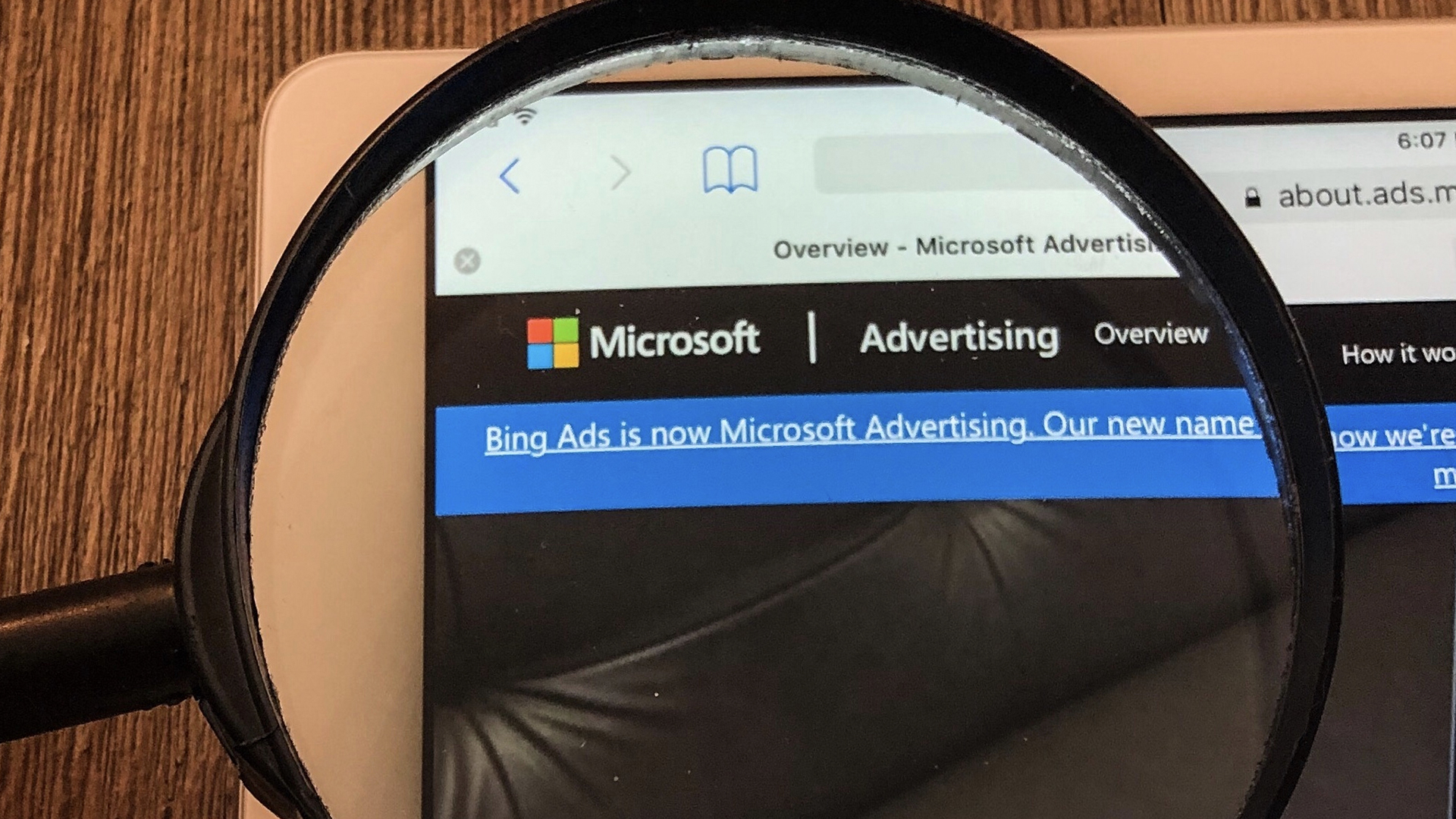A new Search Console integration, data-driven attribution and new machine learning models meant to fill in measurement gaps are coming to Google Analytics 4 (GA4), Google announced on Tuesday.
The company has not said when site owners will have to switch over from Universal Analytics to GA4, but these new features and the language in the announcement (“With these additional capabilities, we encourage you to use the new Google Analytics as your primary web and app analytics solution going forward,”) suggest that search marketers should prepare for the change.
Search Console integration. A new Search Console integration enables marketers to view data, such as their site’s rank and queries that led to clicks, from within Google Analytics 4.
Data-driven attribution makes its way to GA4. In the coming weeks, data-driven attribution without minimum thresholds will be available in attribution reports. This update is a follow-up to Google’s announcement last week that it would be moving away from last-click by making data-driven attribution the default model for all new Google Ads conversion actions.


Soon after it rolls out in attribution reports, data-driven attribution will become available at the property level, at which time site managers will be able to see attributed revenue and conversions in the Conversions report and in Explorations.
UPDATE: Site owners began receiving email notifications from Google Analytics stating that their “Google Analytics 4 properties are now eligible for cross-channel data-driven attribution,” on January 20, 2022. “We’ll be upgrading your properties’ attribution settings to the data-driven attribution model on or after January 26, 2022. This change will apply to all of your Google Analytics 4 properties for reporting and measurement purposes. It will not impact your Google Ads campaigns,” the email reads.
Machine learning to address measurement gaps. Google is bringing two new modeling capabilities — conversion modeling and behavioral modeling — to GA4, which may help marketers fill in gaps in their understanding of customer behavior when cookies or other identifiers aren’t available.
Conversion modeling is now used in attribution reports, the Conversions report and Explorations to identify where conversions may be coming from and assign them to the appropriate Google and non-Google channels.
Support for behavioral modeling in reporting is also coming soon. “Behavioral modeling uses rigorously tested and validated machine learning to fill gaps in behavioral data, like daily active users or average revenue per user,” Google said in the announcement.
Why we care. Data-driven attribution may give you a more accurate overview of the role various channels play to support conversions (as opposed to last-click, where the final interaction gets all the credit). That can enable better decisions on where to invest, which may, in turn, lead to more conversions.
The Search Console integration may make it easier for marketers to access information at a glance, within GA4, without actually having to open up their Search Console.
“Including modeled conversions allows Google to offer more accurate reporting, optimize advertising campaigns, and improve automated bidding,” Google said in its conversion modeling help page. The uninterrupted measurement that behavior modeling brings may help you figure out things like how many new users you acquired from your last campaign or which steps in the funnel users typically drop off at. We recommend testing these features and analyzing the data before making decisions based on them.
The company has yet to announce if — or perhaps more accurately, when — it will deprecate Universal Analytics, but it’s been nearly a year since Google Analytics 4 was announced. The new features listed above and the language in the announcement show that the company is moving forward and away from Universal Analytics, which means that marketers should be setting up their GA4 properties now (if they haven’t already) so as to familiarize themselves with the platform and begin gathering as much data as possible. Many marketers have voiced frustration with the way GA4 is set up after so many years of using Universal Analytics. We hope that Google includes some UX changes to make the transition easier for marketers who are struggling to adapt to the updated platform.
Contributing authors are invited to create content for Search Engine Land and are chosen for their expertise and contribution to the search community. Our contributors work under the oversight of the editorial staff and contributions are checked for quality and relevance to our readers. The opinions they express are their own.



